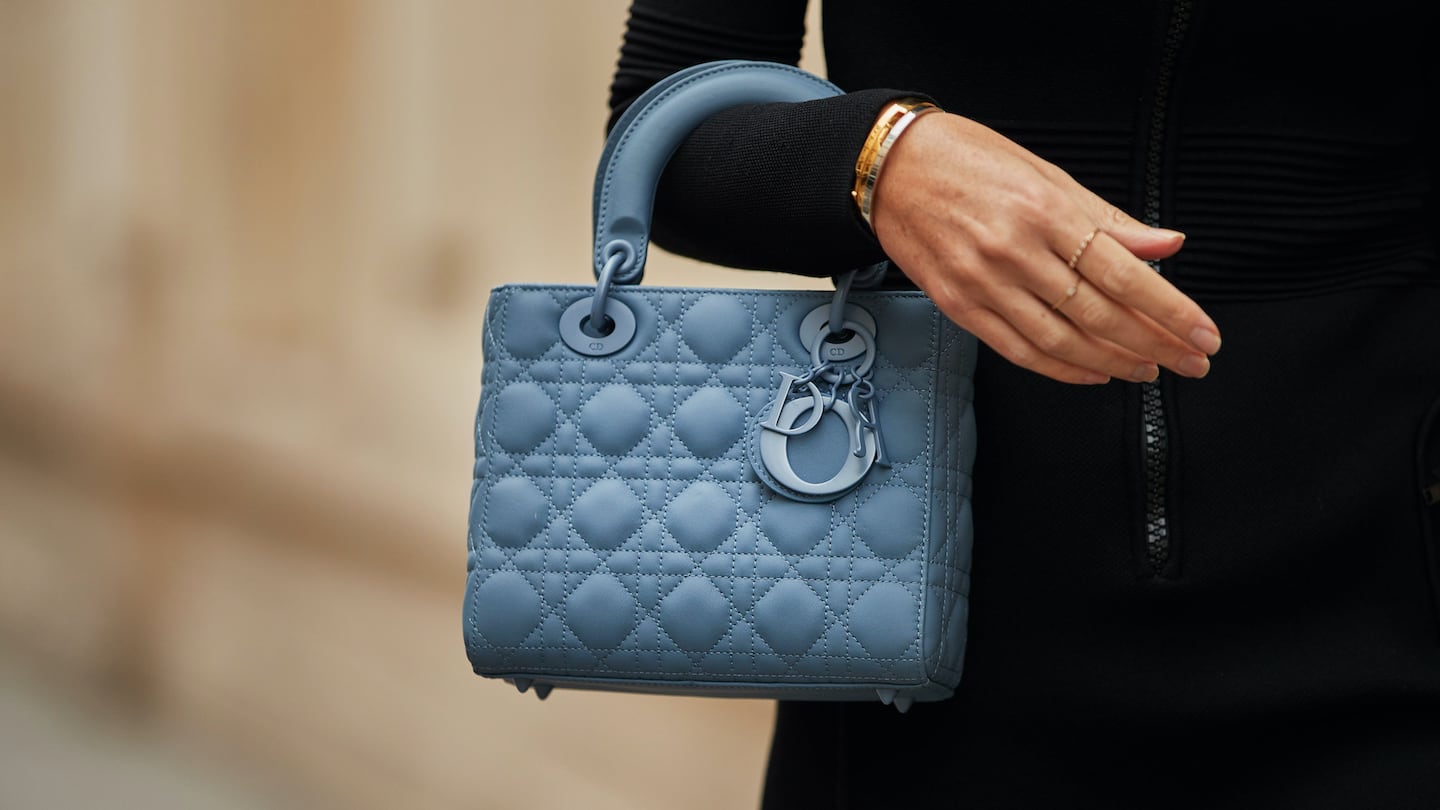
The Business of Fashion
Agenda-setting intelligence, analysis and advice for the global fashion community.

Agenda-setting intelligence, analysis and advice for the global fashion community.

As the second-hand fashion space heats up, Farfetch is positioning itself to capture a larger slice of the fast-growing market.
The e-commerce company has acquired B2B resale platform Luxclusif, which currently powers its Second Life handbag resale service, launched in 2019. The financial terms of the deal were not disclosed.
The deal will help Farfetch to accelerate its global ambitions in the sector, chief commercial and sustainability officer Giorgio Belloli said. In the short term, Farfetch plans to scale the Second Life programme in new markets at speed, while also broadening beyond handbags into other categories like clothing and watches, he said.
More crucially, the acquisition is intended to bolster Farfetch’s “Platform Solutions” business unit, which provides white label retail and e-commerce technology to industry clients including Harrods and Chanel. Belloli didn’t say how long the rollout would take but noted the company has already started working on it.
ADVERTISEMENT
“Our partners are asking for it: brands are asking for it, our boutique partners are asking for it. We really see this tremendous appetite,” he said. “This is why we need to accelerate [our strategy] because we want to make sure that we take advantage of this demand and really own the category and the opportunity.”
We want to make sure that we take advantage of this demand and really own the category and the opportunity.
A growing number of players in the luxury sector — which historically has kept the secondary market at arm’s length — are experimenting in the space, seeing an opportunity to bolster their own sustainability credentials and build engagement with new consumers.
Deal activity in the rapidly growing space has exploded this year. Vestiaire Collective raised €178 million ($202 million) in a September financing round that valued the company at $1.7 billion. Earlier in the year, Gucci-owner Kering took a 5 percent stake in the platform. Peer-to-peer resale platforms Poshmark and ThreadUp went public at multi-billion dollar valuations, while social shopping app Depop sold to Etsy for $1.6 billion in June.
Farfetch launched Second Life as a UK pilot programme in 2019 before expanding into Europe and the US. This October, the group rolled out the service to the Middle Eastern market. Scaling Second Life is partly needed to meet the company’s sustainability goal that half the products sold on its platform come from circular initiatives like rental, resale or upcycling by 2030, but it’s also a business opportunity.
The global resale industry was estimated to be worth $130 billion last year, a research report from BoF Insights, a new data and analysis unit from BoF, found. The market in the US, which accounts for around 20 percent of that total, is expected to grow between 12 percent and 20 percent by 2025, the report found. Farfetch also sees “huge potential” in markets like China where the resale economy is less mature than in the US, said Belloli.
The move is also intended to position Farfetch for the next leg of fashion’s e-commerce race. The company has emerged a big winner of the pandemic, surging ahead of rivals. Resale represents a new frontier where Farfetch’s dominant position in the primary market could play in its favour.
The company has relationships with the industry’s most in-demand fashion brands and retailers, with the likes of Chanel and Gucci leveraging Farfetch technology to power their websites and stores while also relying on the group’s developed logistics capabilities. Cartier-owner Richemont is a Farfetch shareholder and is currently in advanced talks with the platform to deepen their partnership.
Meanwhile, for its consumer-facing platform, having a hybrid offering that spans the primary and secondary market is attractive to luxury shoppers, said Belloli, adding that the platform’s ability to leverage stock from vintage boutiques that are already plugged into the Farfetch marketplace means the site already has an expansive offering.
“With both pre-owned and new in the same platform, it will be an advantage,” he said. “That’s again very much part of a customer experience. Some days they want to buy new products, other days they want to buy something that is pre-owned.”
 Opens in new window
Opens in new windowPre-loved fashion is on the rise, as old clothes find new wearers via global technology platforms. What are the rewards and the risks of this resale revolution?
As the resale market continues to grow, more brands are partnering with resale companies or creating their own resale platforms. But are the associated costs — cleaning, listing and handling products — really worth it?
During a blockbuster year for online sales, Farfetch surged ahead of rivals to position itself at the front of luxury’s e-commerce race. Can it spin the current momentum into sustainable — and profitable — growth and become the unrivalled platform for luxury fashion online?
Investors are backing resale platforms that go after niche categories like formalwear, kidswear and outdoors apparel as the resale market continues to grow.
The company, under siege from Arkhouse Management Co. and Brigade Capital Management, doesn’t need the activists when it can be its own, writes Andrea Felsted.
As the German sportswear giant taps surging demand for its Samba and Gazelle sneakers, it’s also taking steps to spread its bets ahead of peak interest.
A profitable, multi-trillion dollar fashion industry populated with brands that generate minimal economic and environmental waste is within our reach, argues Lawrence Lenihan.
RFID technology has made self-checkout far more efficient than traditional scanning kiosks at retailers like Zara and Uniqlo, but the industry at large hesitates to fully embrace the innovation over concerns of theft and customer engagement.